2022's Most Popular Articles
By The Editors
The most popular 2022 articles on our website.
December 22, 2022
From The Staff
In compiling a top-10 list of this year’s most popular magazine articles on American Scientist's website, we decided to look at what you—our readers—have been searching for the most. Here they are!
A sex scandal and anti-Irish sentiment doomed Michael O’Shannessy’s career, but two of his students left their mark on science.
(November–December, 2022)
The first images from the James Webb Space Telescope are already transforming our view of the universe.
(September–October, 2022)
Do environmentally induced changes to individuals affect natural selection, and if so, how?
(March–April, 2022)
Multidisciplinary collaborations lead to humanity-helping breakthroughs.
(July–August, 2022)
by HungYin Tsai
When the bubonic plague pandemic hit in 1896, soon after Japan had colonized the island, social and political forces led residents to resist public health initiatives.
(September–October, 2022)
Despite enormous efforts, physicists are still struggling to create a complete theory of turbulent flows. Perhaps they need a change of perspective.
(November–December, 2022)
A half century ago, Ad Kalmijn proved that sharks can sense electromagnetic fields. His work is still reshaping our understanding of ocean ecosystems.
(May–June, 2022)
Can scientists predict where disease-causing microbes will arise before they cause the next pandemic?
(May–June, 2022)
by Asia Murphy
Animals, even apex predators, take great pains to avoid people—a pervasive problem when these changes disrupt what they eat and where they go.
(September–October, 2022)
How does the brain handle speech that is intended to mislead—in advertising, in political rhetoric, and even in ordinary conversation?
(September–October, 2022)
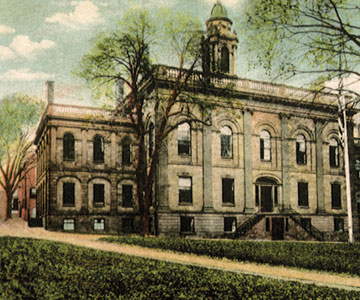

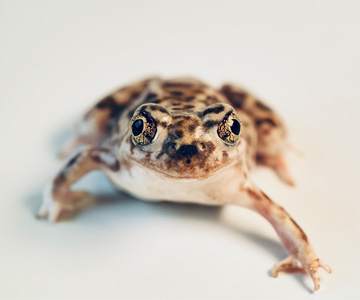
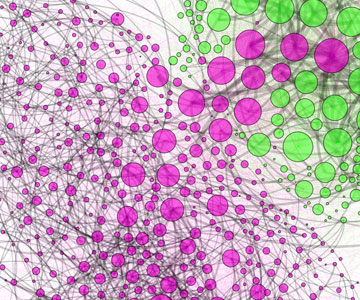

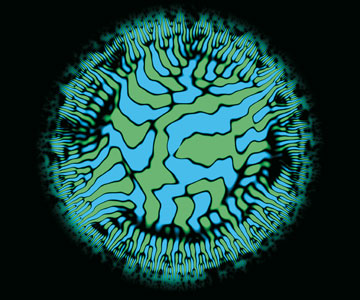
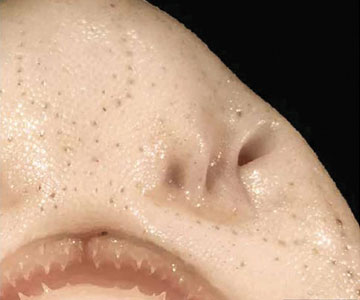
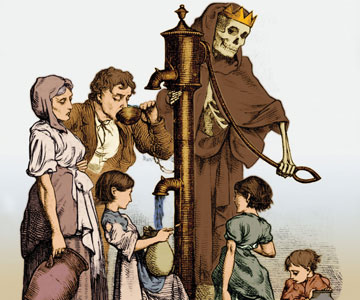


American Scientist Comments and Discussion
To discuss our articles or comment on them, please share them and tag American Scientist on social media platforms. Here are links to our profiles on Twitter, Facebook, and LinkedIn.
If we re-share your post, we will moderate comments/discussion following our comments policy.